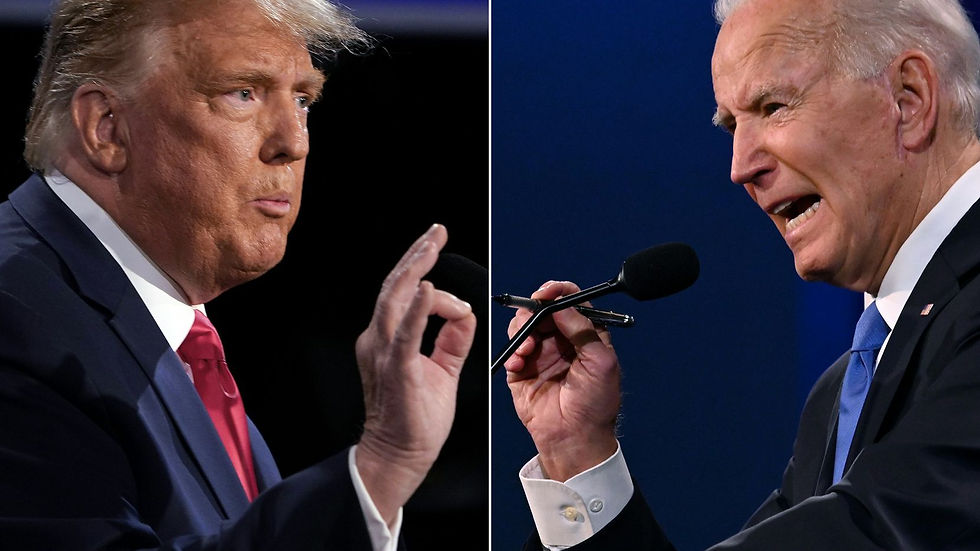Studying Political Campaigns Can Offer Unique Insights into the Problems of Modern America.
- charlottenoeljones
- Nov 20, 2021
- 2 min read

Often the effects of a good campaign are overlooked when determining the outcome of elections. There are several factors that determine who gets elected, including campaign tactics and individual voter preferences. Moreover, while it is not a new component of elections, negativity and negative advertising has increased recently. Studying campaigns has been overlooked by research and further interest in campaigns can offer fascinating insights into future and past elections as well as individual voting habits.
A good electoral campaign can be attributed to several things. The first is how the information is given to voters. A good campaign must explain the fundamentals of the party platform so voters are knowledgeable on the subjects the party is running on. However, as elections are about winning, parties will pick and choose what topics to include in their campaign. Parties will push problems they are handling well and 'prime' voters to pay attention and learn about these problems. Advertising is also an integral part of campaigns. Politicians behind campaigns have access to voter preferences and will push candidates and issues to certain voters. Something that affects all of this is the duration of a campaign. The more time campaigners have, the more they can inform voters on issues, advertise to potential and loyal voters, and push certain issues (Erickson and Wlezien 1-16).

Time is also important because voter preferences are almost completely stable by election day. However, at the beginning of the election voters are a bit undecided and are uninformed on campaign issues. Moreover, candidates need to consider voter dynamics. Candidates who start off strong will need to keep voter enthusiasm up, and candidates who do not start off strong need to engage disaffected voters early on. However, candidates can use voter predictability to their advantage and target specific demographics and previous voters (Erickson and Wlezien 140-150). Another part of individual voting habits are major influencers like the state of the economy. Moreover, the way candidates are portrayed by the media affects how the public views candidates. 'Issue ownership', or which party and its affiliated candidates do a better job at handling specific issues plays a big role in determining who the public votes for and how candidates use this to their advantage. Also, individual characteristics of candidates influences how voters vote (Shaw 35-39)

Surprisingly, candidates have used negative advertising to get a positive reaction from voters. The increasing rise in polarization among voters has given politicians more incentives to attack the other side. Polarization makes elections more intense and raises the stakes as it is harder to make voters support a different party. Often, candidates attack polarizing issues rather than candidates. However, while negativity can expose voters of one party to issues they would not otherwise think about, negativity has dangerous effects on democracy and gives incentive to fix current political structures (Shaw 17-40)
While campaigns play an important part in elections, there is still a lot of information that needs to be researched. Campaigns are an overlooked part in election outcomes and can help political scientists draw a better picture of politics today and further research can help offer solutions to political problems in the United States.



Comments